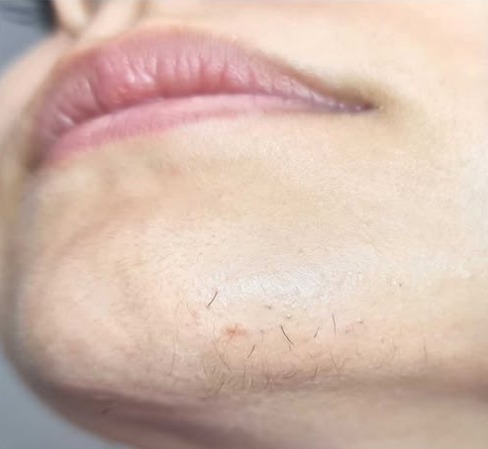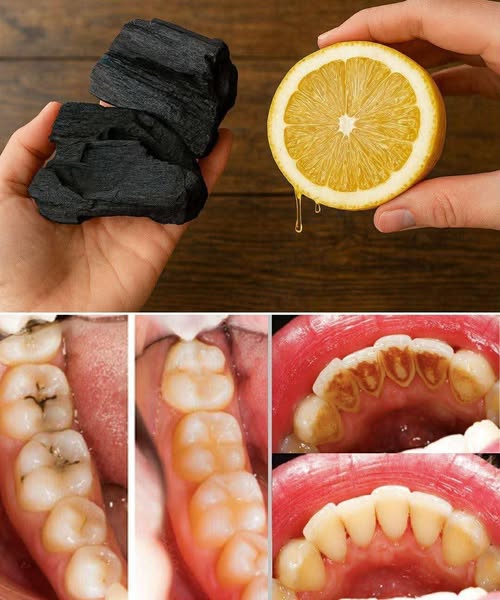Chin whiskers are more common in women than many realize, ranging from fine, light strands to thicker, darker hair. While usually harmless, they can affect self-esteem and emotional well-being. Facial hair growth is influenced by hormones called androgens, including testosterone, which women naturally produce.
When levels rise or sensitivity increases, hair can grow more prominently. Genetics also play a role, determining hair density and placement. Conditions like polycystic ovary syndrome (PCOS) or menopause can trigger hormonal shifts that result in increased facial hair. Certain medications may also contribute.
Medical conditions, including adrenal gland disorders, Cushing’s syndrome, and hypothyroidism, can lead to noticeable hair growth. If accompanied by symptoms like irregular periods, acne, or sudden changes, it’s important to consult a healthcare professional. Chin whiskers can impact women’s confidence, causing embarrassment, anxiety, and body image concerns. Societal beauty standards often emphasize hair-free skin, adding cultural pressure.
Management options vary. Short-term solutions include tweezing, shaving, waxing, or depilatory creams. For longer-lasting results, laser hair removal, electrolysis, or prescription creams like eflornithine can reduce regrowth. Lifestyle changes, such as balanced nutrition, weight management, stress reduction, and even natural remedies like spearmint tea, may help regulate hormones. Most importantly, women should focus on empowerment and self-acceptance. Understanding the causes, exploring safe treatments, and prioritizing personal comfort can reduce anxiety and boost confidence. Whether choosing to remove the hair or embrace it, support and solutions are available. You’re not alone, and taking control of your health and appearance is entirely possible.



